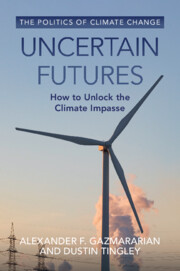Nature-based solutions (NbSs) are increasingly recognised for their potential to address climate change and biodiversity loss, but their role in mitigating antimicrobial resistance (AMR) remains underexplored. AMR and climate change share environmental drivers, such as pollution, ecosystem degradation, and industrial agriculture, yet responses often remain fragmented and technocratic. This paper draws on a global roundtable series convened under the British Academy’s “Just Transitions for AMR” initiative to explore how NbS can support more just, equitable, and integrated responses to these intersecting crises. Bringing together 46 experts from public health, environmental science, agriculture, governance, and social sciences, the roundtables facilitated interdisciplinary exchange across Africa, Asia, and Europe. The paper synthesises insights across four thematic areas: conceptualising Just Transitions in NbS, identifying co-benefits for scaling NbS for climate and AMR mitigation, addressing implementation barriers, and proposing future directions. Findings emphasise the need to reframe NbS as socially embedded practices co-designed with communities, rather than as technical fixes. Participants called for investment in place-based approaches, participatory monitoring, and governance structures promoting inclusion. The paper concludes by aligning NbS with One Health and Just Transition principles, urging a shift from isolated interventions to systems-oriented transformations that redress power imbalances in environmental and health governance.

